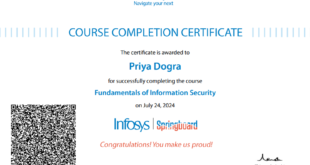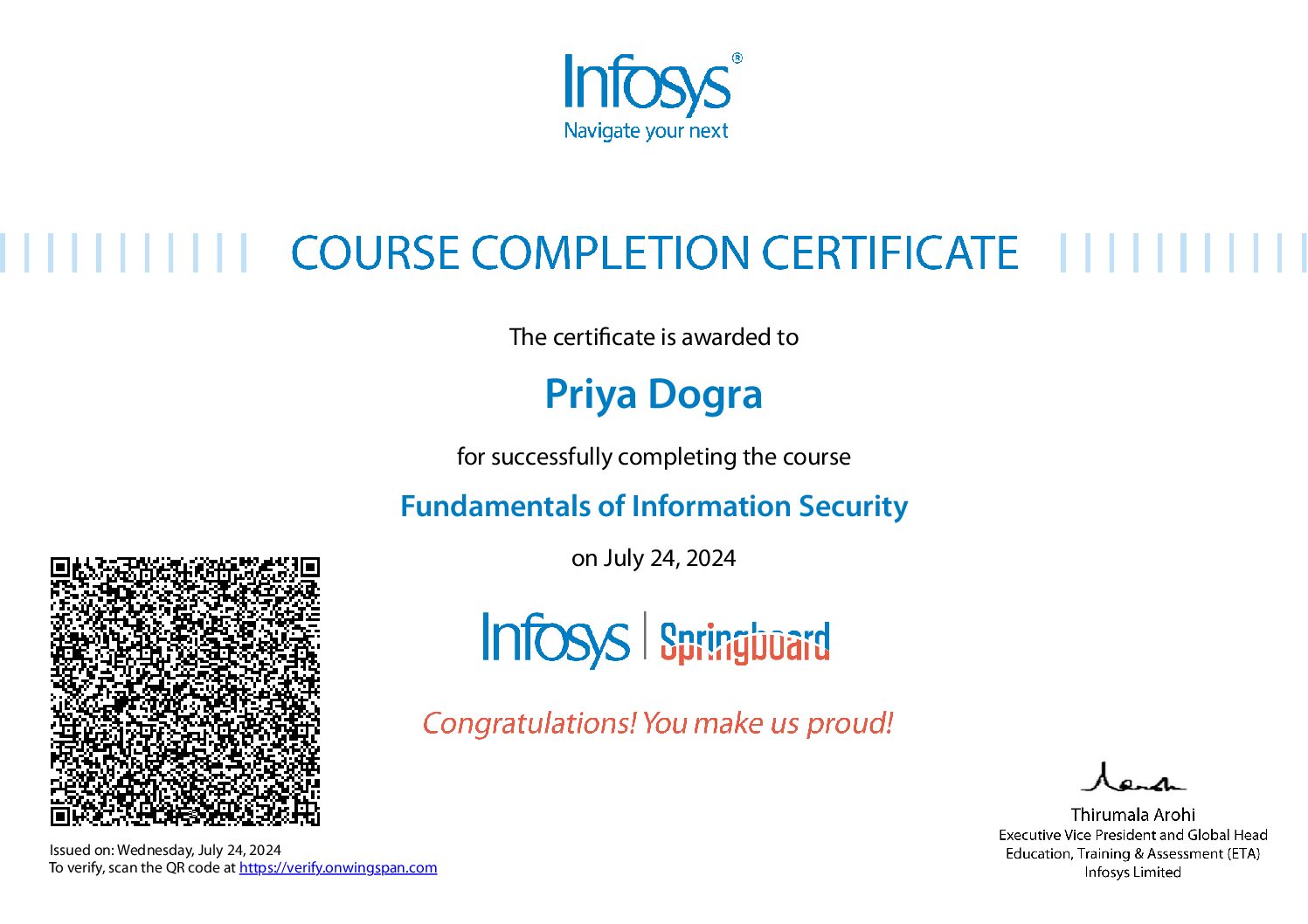Enroll Here: Marketing and Business Strategy FREE Course with Certificate

Marketing and Business Strategy are two closely related concepts that are fundamental to the success of organizations. Here’s an overview of each:
Marketing:
Marketing is the process of identifying, anticipating, satisfying, and managing customer needs and wants profitably. It encompasses a range of activities that an organization undertakes to promote and sell its products or services while building and maintaining strong customer relationships. Key aspects of marketing include:
- Market Research: Gathering data and insights about consumers, competitors, and market trends to make informed decisions.
- Product Development: Creating and improving products or services that meet customer needs and preferences.
- Pricing: Determining the right price for products or services based on market conditions, costs, and customer perception.
- Promotion: Developing and executing marketing campaigns to raise awareness and drive sales. This includes advertising, public relations, social media, and more.
- Distribution: Ensuring that products or services are available in the right place and at the right time for customers to purchase.
- Customer Relationship Management (CRM): Building and maintaining strong relationships with customers through personalized communication and support.
- Branding: Developing a unique brand identity and positioning in the market to differentiate from competitors.
- Market Segmentation: Dividing the market into distinct groups of customers with similar needs and behaviors and tailoring marketing strategies for each segment.
Business Strategy:
Business strategy refers to the plan and decisions made by an organization to achieve its long-term goals and objectives. It involves analyzing the competitive landscape, setting clear objectives, and determining how the organization will allocate its resources to gain a competitive advantage. Key aspects of business strategy include:
- Strategic Planning: Defining the organization’s mission, vision, and long-term goals, and creating a roadmap to achieve them.
- Competitive Analysis: Assessing the competitive environment to understand strengths, weaknesses, opportunities, and threats (SWOT analysis).
- Market Positioning: Deciding how the organization will position itself in the market to create a unique value proposition.
- Diversification: Evaluating opportunities for expanding or diversifying the organization’s product or service offerings.
- Cost Leadership: Striving to become the low-cost producer in the industry, which can lead to a competitive advantage.
- Differentiation: Focusing on offering unique products or services that stand out in the market.
- Risk Management: Identifying and mitigating potential risks that could impact the organization’s strategic objectives.
- Implementation and Execution: Ensuring that the strategies and plans are effectively put into action throughout the organization.
In essence, marketing is a subset of business strategy. While business strategy encompasses the overall direction and decisions that shape an organization’s future, marketing focuses specifically on how to attract and retain customers by delivering value and satisfying their needs. Both marketing and business strategy are critical components of a successful business, working in tandem to drive growth and profitability.
Marketing and Business Strategy Certification Exam Answers
What is the primary goal of a marketing strategy?
- To maximize short-term profits
- To achieve long-term customer satisfaction
- To reduce production costs
- To increase employee morale
Which of the following is NOT one of the Four P’s of marketing?
- Price
- Product
- Promotion
- People
A SWOT analysis is a tool used in which phase of strategic planning?
- Implementation
- Monitoring
- Evaluation
- Analysis
What is the purpose of market segmentation in marketing strategy?
- To reduce competition
- To target specific customer groups with tailored marketing efforts
- To increase production efficiency
- To set lower prices
Which business strategy focuses on offering unique products or services to a narrow market segment?
- Cost Leadership
- Differentiation
- Focus
- Diversification
Which type of competitive advantage aims to be the low-cost producer in the industry?
- Differentiation
- Cost Leadership
- Niche Market
- Innovation
Which of the following is NOT a component of the marketing mix?
- Place
- Product
- Partnership
- Promotion
What is the term for the process of gathering, analyzing, and interpreting data about a market, including information about potential customers and competitors?
- Market Segmentation
- Marketing Research
- Market Penetration
- Market Positioning
Which strategic planning model involves identifying a company’s strengths, weaknesses, opportunities, and threats?
- BCG Matrix
- Ansoff Matrix
- SWOT Analysis
- PESTEL Analysis
What is the term for the process of introducing a new product or service to the market?
- Market Research
- Product Launch
- Market Segmentation
- Market Expansion
 Priya Dogra – Certification | Jobs | Internships
Priya Dogra – Certification | Jobs | Internships



